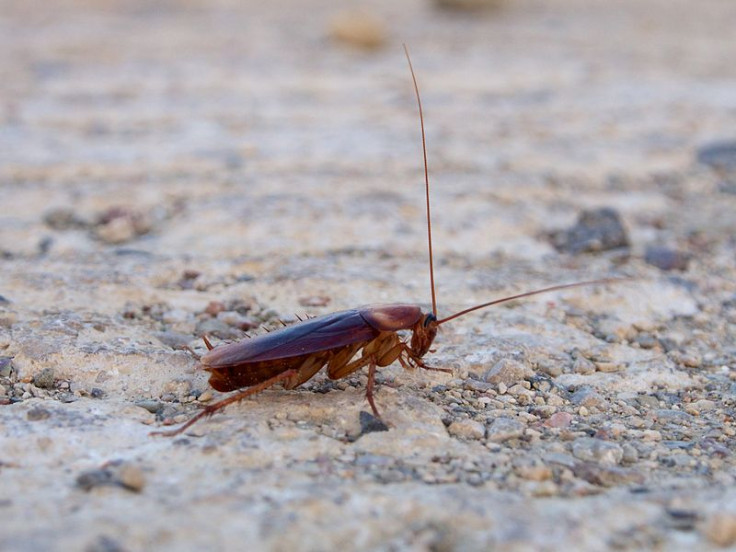Cockroach Scientist Finds 39 New Species in US

Thirty-nine new species of endemic cockroach have been discovered in the southwestern US and Mexico.
Taxonomy of the family Corydiidae has been revised for the first time since 1920 after the discovery and description of 39 new species of Arenivaga. It was originally believed to contain nine species.
The Corydiidae family of roaches is found worldwide and unlike their relatives can inhabit harsh, dry habitats and are often subterranean.
Findings of the four-year study by Heidi Hopkins, a cockroach taxonomy specialist and PhD candidate at the University of New Mexico were published in the open access journal ZooKeys.
Hopkins said: "The extent of the radiation of this genus is quite surprising. These animals have remarkable adaptations that allow them to succeed in some of the harshest places on earth.
"I suspect that the thorough application of modern collection methods would reveal many more species of Arenivaga across Mexico, and many more species of Corydiidae in the deserts and dry places of the rest of the world."
Arenivaga, which also known as desert or sand cockroaches, are sexually dimorphic, meaning that the females look nothing like the males. This makes the association of female specimens of a species with male specimens of the same species very difficult.
Hopkins researched male specimens only.
She said: "The order Blattodea (cockroaches), which includes termites, comprise some of the earth's greatest decomposers. They are the planet's recyclers and clearly they have a role to play even in terrain with very little plant matter requiring decomposition. We can no longer think of cockroaches as creatures restricted to the moisture of the tropics."
In December, a new, cold-weather cockroach species able to withstand extremely low temperatures was discovered in Manhattan. Periplaneta japonica was discovered in New York's elevated High Line park. Of the estimated 4,500 cockroach species in the world, 55 are found in the United States.
© Copyright IBTimes 2024. All rights reserved.






